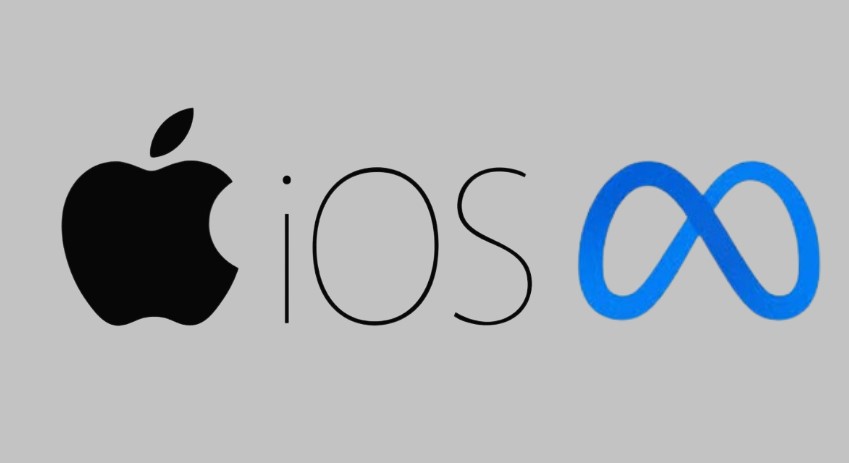December 20, 2024: Apple has raised concerns that Meta Platforms’ requests for access to its operating software could compromise user privacy, a dispute that is gaining traction amid the European Union’s drive to regulate Big Tech under its new digital competition rules.
The 27-nation European Union is pushing for more “interoperability” between devices and apps, with a specific focus on ensuring smoother integration between Apple’s iOS and third-party technology. This comes as part of the EU’s efforts to level the playing field for tech companies and prevent major players like Apple from stifling competition. The proposed interoperability guidelines would make it easier for devices, such as smartwatches or wireless file transfer systems, to function seamlessly with iPhones, much like Apple’s proprietary products such as the Apple Watch and AirDrop.
However, iPhone Maker is pushing back, especially in relation to Meta’s demands for broader access to its iOS system. Meta, which owns platforms like Facebook, Instagram, and WhatsApp, has submitted numerous requests for access to Apple’s software, which the company argues could leave user data vulnerable to exploitation.
Apple Pushes Back Against Meta’s Requests for iOS Data Access in EU
Apple fears that granting metaverse access could enable its apps to track users in invasive ways, including reading messages, monitoring app usage, scanning photos, and even accessing sensitive personal data such as contacts, calendar events, and passwords. In a report, the iPhone Maker warned that Meta’s requests could undermine the privacy safeguards currently in place on iOS devices, potentially putting users at risk of hacking and other cyber threats.
The iPhone Maker has long positioned itself as a champion of privacy, frequently criticizing competitors like Meta for their data practices. In this latest development, Apple specifically called out Meta for its track record on user data, asserting that metaverse data practices do not align with the stringent privacy standards mandated by the EU. The company’s report highlights the potential risks posed by Meta’s push for deeper integration, describing a scenario where Meta could gain access to a user’s entire device data and digital footprint.
Meta, on the other hand, rejected these claims, arguing that iPhone Maker objections are rooted in a reluctance to allow true interoperability between platforms. The metaverse spokesman Andy Stone took to social media to accuse Apple of using privacy as a shield to defend its anticompetitive behavior. “They don’t believe in interoperability,” Stone stated. “Every time Apple is challenged on its market dominance, they hide behind privacy concerns that don’t hold up to scrutiny.”
The ongoing dispute is part of a broader confrontation between the European Commission and Big Tech companies under the new Digital Markets Act (DMA). The DMA is designed to prevent digital gatekeepers like Apple from abusing their dominant positions and stifling competition. As part of the new guidelines, iPhone Maker is required to make its iOS system more accessible to third-party developers, including those from rivals like Meta.
The European Commission has proposed a framework that would allow developers to request access to certain iOS features through a structured process. The iPhone Maker would be required to provide a dedicated point of contact for developers and engage in a fair process to resolve disputes. These measures aim to strike a balance between fostering competition and protecting user privacy.
As the Commission moves forward with these proposals, iPhone Maker concerns about the impact on user privacy continue to dominate the conversation. The public has until January 9 to submit feedback on the proposed rules, including input from companies involved in interoperability discussions. The outcome of this conflict could reshape the tech landscape in Europe and set a precedent for future regulations affecting global tech giants.






